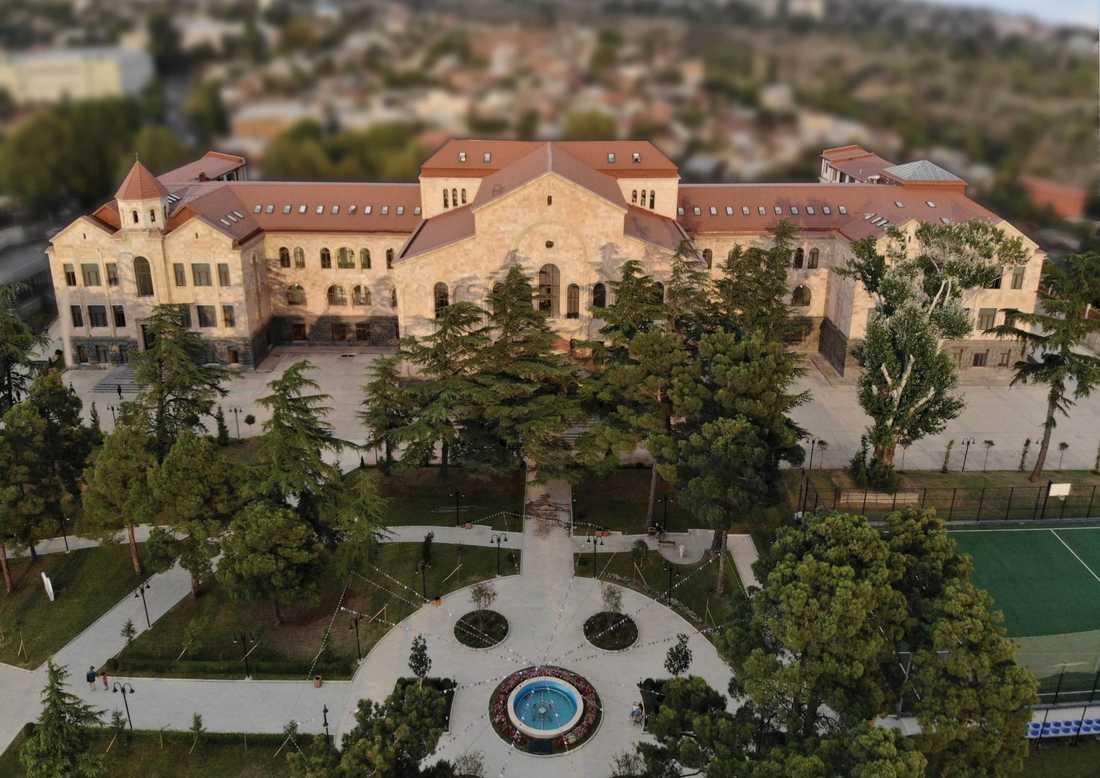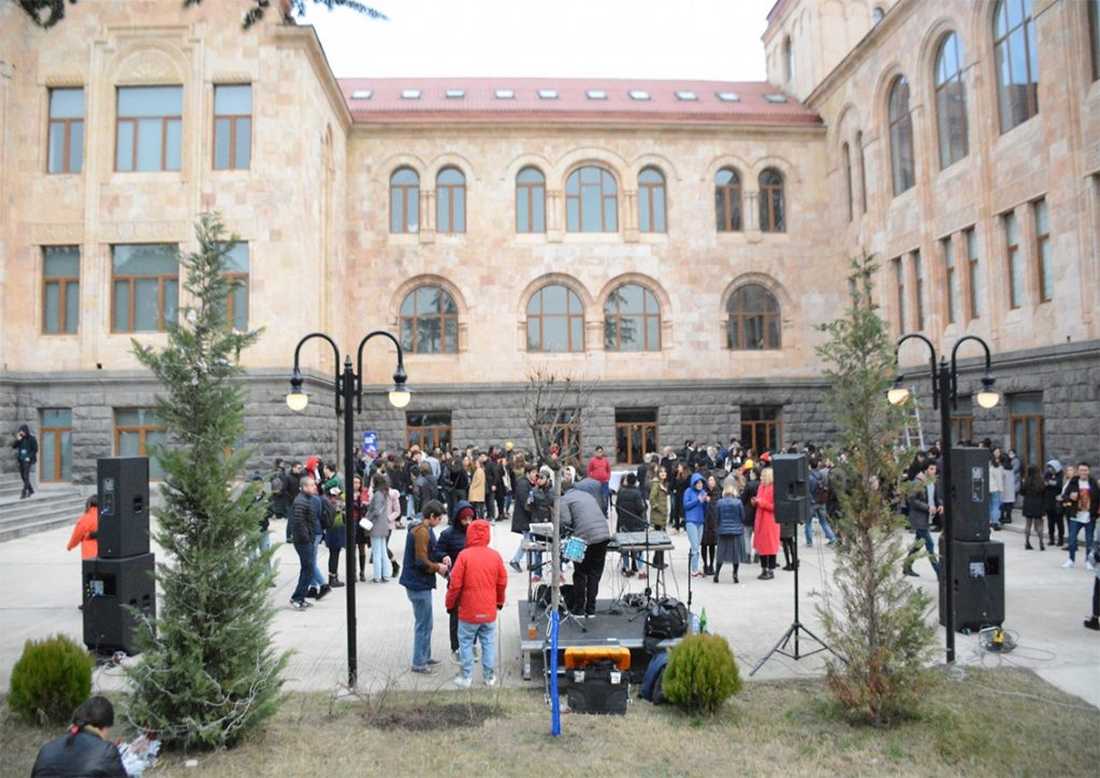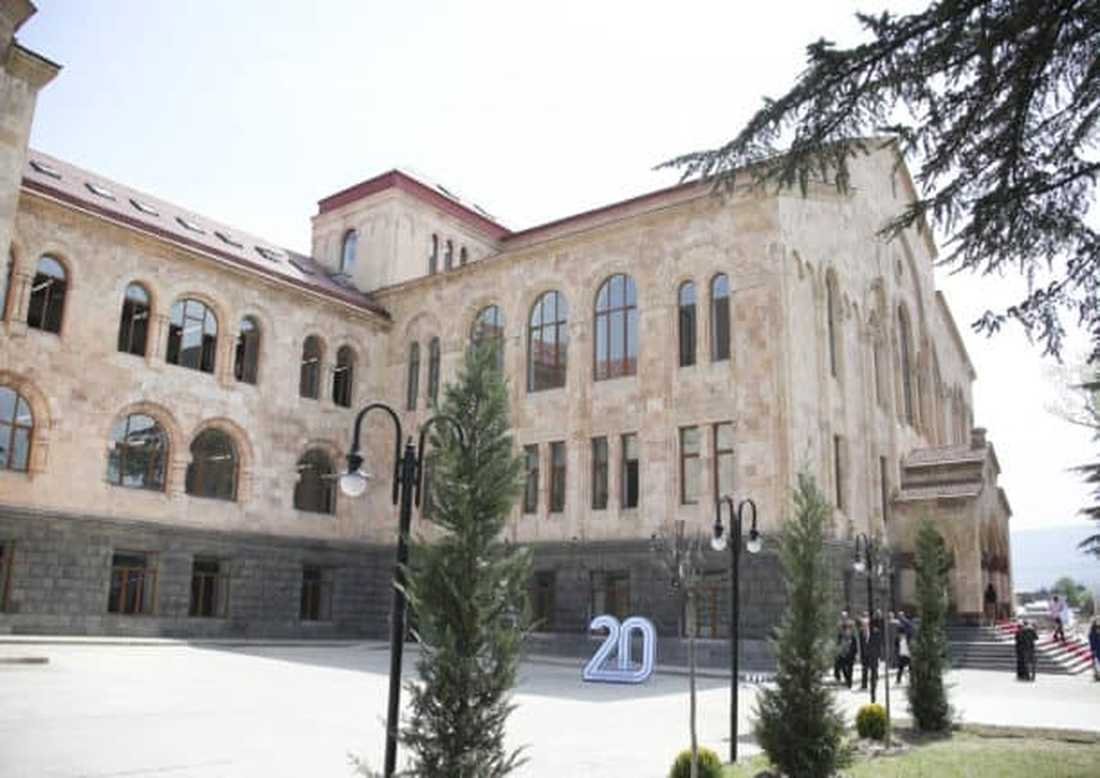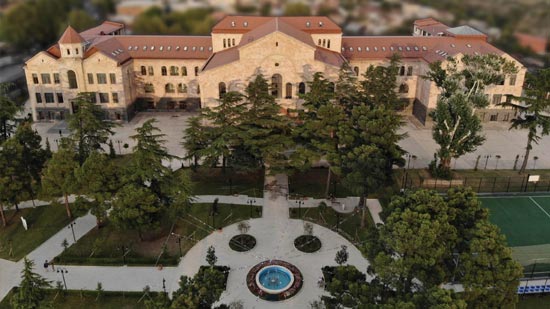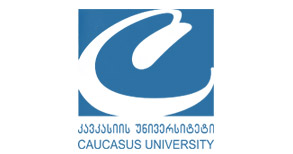Caucasus University
The University with its modern infrastructure and equipment is one of the largest higher educational institutions in Georgia and in southern Caucasus.
One of the priorities of Caucasus University is an internationalization of education. The University recognizes the requirements of the global education market and supports the strengthening of international experience in educational programs, including mobility of students and academic personnel, joint educational programs and international cooperation within research projects.
The aim of the “Medical Doctor’s” Programme, is to prepare Medical Doctors who are competitive on the local and international market, highly qualified, morally grounded, with appropriate competences, who will be able to satisfy educational requirements of an open society, which facilitates implementation of the CU”s general mission: to graduate competitive, highly qualified, morally grounded graduates who are faithful to democratic values and principles of democracy.
Since its establishment, the Caucasus University has been collaborating with various universities around the world, with 207 partners in 61 countries.
Caucasus University has a lively and active student life, directed and managed by the students’ self-governance in cooperation with the university administration. CU considers community life as one of the cornerstones of the education it provides. In addition, student clubs play a vital role in creating the social, cultural and intellectual environment of the university. It is run by students, for students with the support of Caucasus University. Clubs help to sharpen students’ leadership skills and enable them to explore and pursue new interests.Educational programme is focused on the standards of Medical Education of the World Federation (WFME).
The programme provides development of such practical / clinical abilities and way of thinking which is essential for a successful professional activity and post-diploma lifelong education.
Objectives of the programme are as follows:
- To give international standard education of evidence based medicine which is indispensable for practical medical work.
- To provide the graduates with education in basic, clinical, behavioral and social sciences necessary for practical activities in the field of medicine.
- To provide the graduates with education in basic, clinical, behavioral and social sciences necessary for practical activities in the field of medicine.
- To generate motivation for the continuous medical education (LLL) and professional development.
- To gain the knowledge of legislative basics of the healthcare system.
- To acquire clinical and communication (with the patient, her\his family, colleagues and other representatives of the health care) skills and patient-centered competences.
- To acquire values of Medical Ethics (sense of respect of patients, taking into consideration their interests despite their social, cultural, religious and ethnic background; work in accordance with the professional ethics).
Gallery
